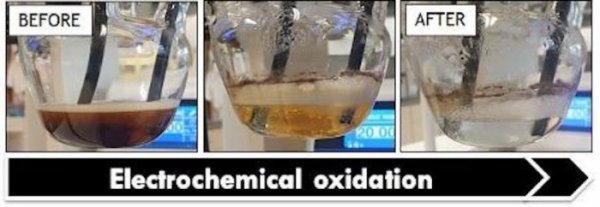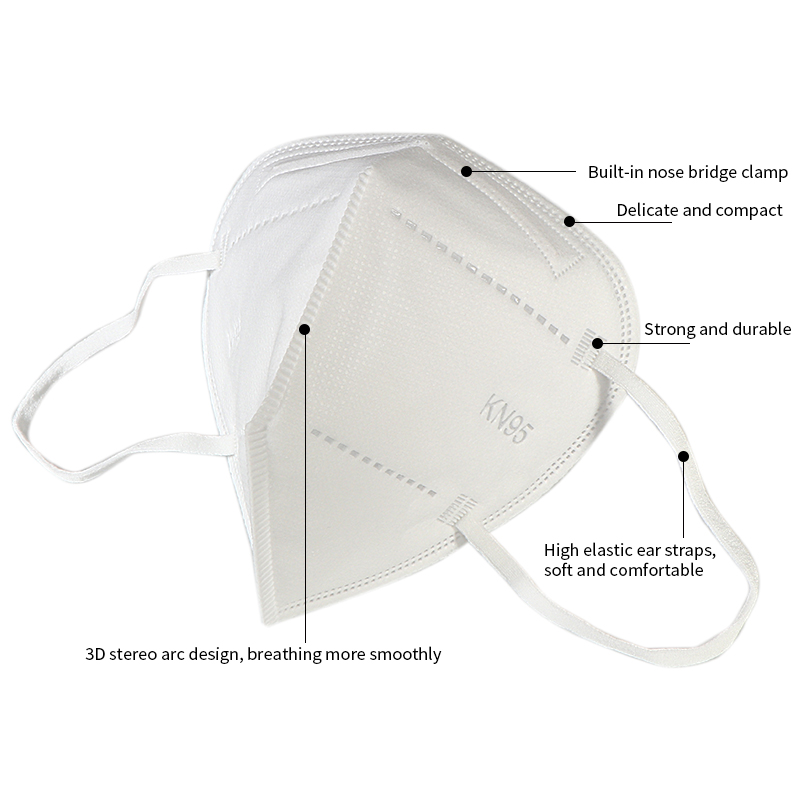According to foreign media reports, scientists are using new methods to creatively produce fuel and electricity, but they will also bring their own problems. For example, the use of algae to make biofuels shows promise, but it does produce large amounts of toxic wastewater. Now, researchers in Australia have found a way to purify these wastewaters and have adopted a simple and scalable electrical process.

The research began with a branch of another project. A team of scientists at the University of Sydney is running a pilot plant that is breeding microalgae for the purpose of producing biofuels. Through a process called hydrothermal liquefaction, algal biomass is converted into a high-energy substance similar to crude oil, which can be used as a "green" fuel.
The problem is that this process produces a lot of heavily polluted wastewater, which contains a lot of carbon, nitrogen and phosphorus. To ensure that this alternative fuel source is as environmentally friendly as possible, researchers began to look for a way to clean up the water. The team used a technique called electrochemical oxidation, which involves placing two electrodes in water, one of which is made of boron-coated diamond. By sending current, an oxidation reaction is initiated on the electrode surface, thereby converting many pollutants into less harmful products.
"We have adopted an incredibly powerful process that can even eliminate the most durable non-biodegradable pollutants such as pharmaceuticals and pesticides, as well as various types of organic compounds that can be found in many industrial wastewaters," the Lead study author Julia Ciarlini Jungers Soares said. "This process is relatively simple, does not require the addition of chemicals or harsh operating conditions, and does not generate additional waste."

The team reported that the electrochemical oxidation process removed up to 99% of the carbon in the water and removed 96% of unsightly colors. Nitrogen is converted from organic to inorganic forms such as ammonia and nitrate. These are still not ideal in water, but less harmful than other forms of nitrogen. This means that this newly purified water may not meet drinking regulations, but it can still find uses similar to circulating water for watering gardens, washing vehicles, agriculture, fire protection and other industrial uses.
The team said that this method is relatively simple and can be scaled up to treat wastewater from pulp and paper processing, breweries, pharmaceutical production and other industries.

The research was published in the journal Algae Research.
Nowadays, with the increasing pollution of automobile exhaust, smog and other bad weather, more and more people are wearing masks, which means that masks have become a necessity in our life.At present, there are a lot of masks in the market. Today, I would like to analyze the cotton masks to help you make a better choice.You can design masks and masks flexibly to achieve the desired effect and make masks and masks fashionable.Masks can also be customized according to different materials, so as to be used in different scenes.
- Suitable for industrial scenarios.
- Help to resume work and production.
- Protect the company's safe and healthy development foundation.
Kn95 Cup Type Mask,Non-Sterile Face Mask ,Face Mask Disposable Earloop,Medical Mask Earloop
Dongguan Maimeng Culture and Creative Co. Ltd , https://www.factorydirectmask.com
